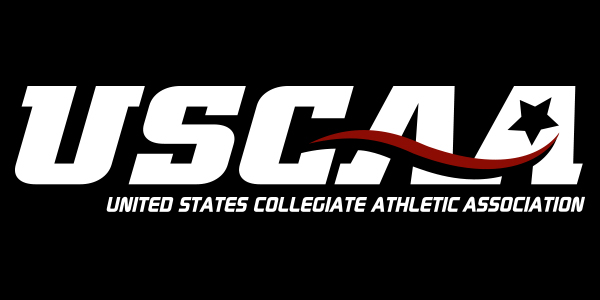Removing the financial barriers to your future
General Information
Basic Costs
Financial Aid Steps
Net Price Calculator
Policies
Contact Us
Types of Aid
Scholarships
Grants
Loans
Military/Veterans Benefits
Payment Plan
Employment
Guiding Your Financial Aid Process
Our Financial Aid Office is ready to guide you through the process of receiving the most financial support possible. Contact us directly or schedule a consultation with our director or financial aid advisor.
One of the greatest opportunities you will have in life is to invest in the foundation of your spiritual and academic life. Trinity College of Florida has a well-established history of equipping those called to spiritual service and over the decades, a majority of students have received some type of financial aid. Utilizing the aid available to you is an investment in your life, your future, and your calling. Our Financial Aid Office will help guide and assist you to receive the financial aid needed to advance in your calling. From completing your FAFSA for the first time to exit counseling upon graduation, we are committed to helping you through the financial aid process.
2025-2026 Financial Aid (from Academic Catalog) Downloadable PDF
UPDATE:
Rachel Sefcik, Director
Financial Aid Office
financial.aid@trinitycollege.edu
Request Financial Aid Assistance





